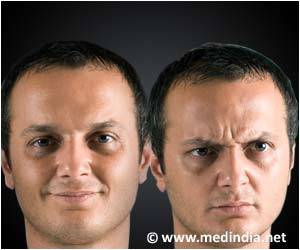Teenagers were found to respond better to a combination therapy of antidepressant and psychotherapy.
Teenagers were found to respond better to a combination therapy of antidepressant and psychotherapy.
The finding is based on a multi-site trial funded by the National Institutes of Health’s National Institute of Mental Health (NIMH).Lead researcher David Brent, M.D., of the University of Pittsburgh and his colleagues conducted the Treatment of SSRI-resistant Depression in Adolescents (TORDIA) trial at six regionally dispersed clinics.
The study involved 334 adolescents between the ages of 12 to 18, all of whom had major depression and had not responded to a previous two-month course of a selective serotonin reuptake inhibitor (SSRI), a type of antidepressant.
More than half of the participants expressed suicidal thinking and behavior (suicidality) before treatment began, and all teens were monitored weekly for side effects related to suicidality and predictive symptoms like hostility and irritability.
The teens were randomly assigned to one of four interventions for 12 weeks:
The first was a switch to another SSRI—paroxetine (Paxil), citalopram (Celexa) or fluoxetine (Prozac), the second was a switch to a different SSRI plus cognitive behavioral therapy (CBT), a type of psychotherapy that emphasizes problem-solving and behavior change, the third a switch to venlafaxine (Effexor)—another type of antidepressant called a serotonin and norepinephrine reuptake inhibitor (SNRI) and the fourth and final one was a switch to venlafaxine plus CBT.
Advertisement
The final finding was that depressed teens benefited most from a combination of medication and psychotherapy over both the short and long terms.
Advertisement
Source-ANI
SUN/L






